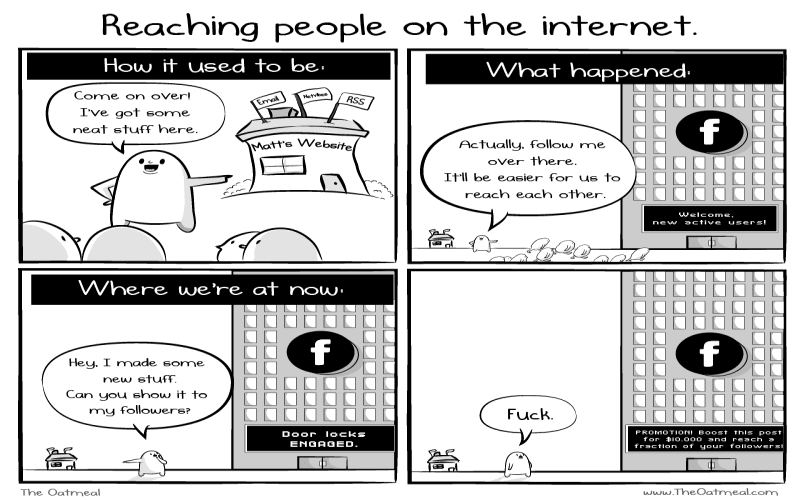The Roadmachines Mono-Rail may have been the only truly useful, fit-for-purpose monorail in the world. Of the hundreds that were built, most were never meant for passengers. But they did carry a couple of famous people in their time, including a certain secret agent…
Thank you to the staff and volunteers at the Amberley Museum — Harry and Gerry in particular — for running the monorail specially, and letting me film! The Amberley Museum is a massive industrial heritage museum in the South Downs, and you can find out more about them here — via Youtube





 RSS – Posts
RSS – Posts